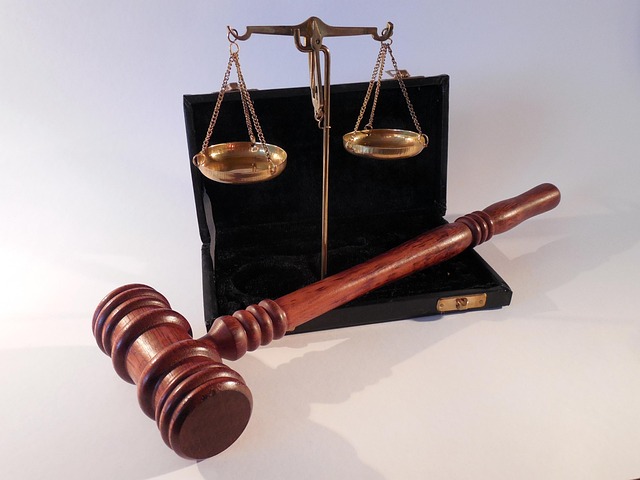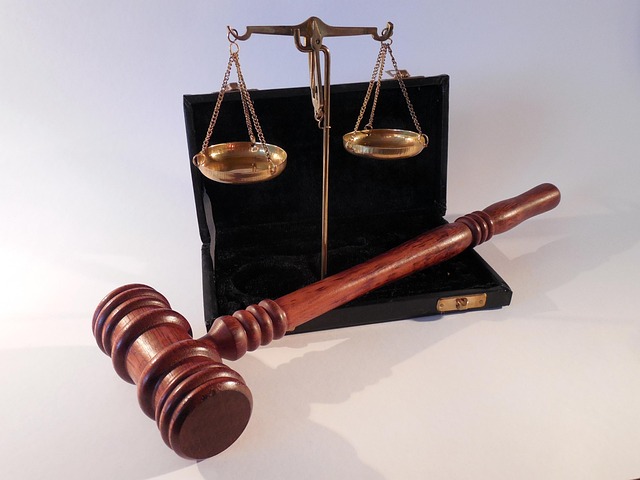Class action lawsuits allow individuals with common legal issues to unite against a defendant. To file, plaintiffs must meet eligibility criteria, share similar experiences, and file a complaint outlining their allegations. The court determines if the case proceeds based on numerosity, commonality, and typicality. Successful lawsuits require identifying a common issue ("commonality"), engaging an attorney specializing in class action litigation, gathering evidence, and navigating complex procedures. Criminal law cases pose unique challenges, demanding thorough research, meticulous preparation, expert testimony, and a nuanced approach. An experienced legal team is crucial for building robust defense strategies. Understanding national dynamics and leveraging successful precedents can significantly impact outcomes for white-collar and economic crime claims.
Criminal law cases often involve complex issues, especially when considering class action lawsuits. This article guides you through the intricacies of understanding and navigating such legal procedures. We’ll explore the eligibility criteria and step-by-step process for filing a successful class action lawsuit claim. Furthermore, we’ll delve into common challenges faced in criminal law cases and provide strategic insights to enhance your chances of justice. Learn how to effectively file a class action claim using practical tips and expert advice.
- Understanding Class Action Lawsuits: Eligibility and Process
- Steps to File a Successful Class Action Lawsuit Claim
- Common Challenges and Strategies in Criminal Law Cases
Understanding Class Action Lawsuits: Eligibility and Process

Class action lawsuits are a powerful tool for individuals who have suffered harm due to a common issue or event. Unlike individual lawsuits, where one person sues a defendant, class actions involve a group of people (a “class”) who band together to take legal action against a defendant believed to be responsible for their collective injuries. Understanding how to file a successful class action lawsuit is crucial in navigating these complex cases.
To initiate a class action, individuals must meet certain eligibility criteria. This typically includes sharing similar experiences or being affected by the same conduct, such as exposure to hazardous conditions or experiencing unfair business practices. The process begins with filing a complaint outlining the allegations and the desired relief. If a judge determines that the requirements for a class action are met—including numerosity (a sufficient number of plaintiffs), commonality (shared issues of law or fact), and typicality (plaintiffs’ claims align with the class)—the case proceeds. Through this collective legal strategy, individuals can pool resources, share expertise, and, ultimately, aim for a complete dismissal of all charges or winning challenging defense verdicts—ensuring their voices are heard and seeking justice on a larger scale.
Steps to File a Successful Class Action Lawsuit Claim

Filing a successful class action lawsuit claim involves several key steps. First, it’s crucial to identify a common legal issue affecting a large group of people—a so-called “commonality.” This could be related to consumer rights violations, employment discrimination, or other significant wrongdoings. Once identified, potential plaintiffs must band together, forming a class with shared interests and grievances.
Next, an attorney specializing in class action litigation should be engaged. They will help navigate the complex legal process, draft and file the complaint, and represent the class throughout the litigation. This includes gathering evidence, negotiating settlements, or preparing for high-stakes cases that could achieve extraordinary results for his clients. The court will then review the case, certifying the class and approving the representation if the criteria are met.
Common Challenges and Strategies in Criminal Law Cases

Criminal law cases present unique challenges due to their complex nature and high-stakes consequences. One common hurdle is navigating intricate legal procedures and understanding a vast array of applicable laws, which can be particularly daunting for those unfamiliar with the system. Effective strategies often involve extensive research, meticulous case preparation, and leveraging expert testimony.
Moreover, handling criminal law cases requires a nuanced approach, especially when dealing with complex issues like white-collar and economic crimes. An experienced legal team is essential to build a robust defense strategy. This may include gathering evidence, interviewing witnesses, and constructing logical arguments. For instance, when pursuing a class action lawsuit claim related to these crimes, understanding the unique dynamics of such cases across the country can significantly impact the outcome. An unprecedented track record in similar cases can also strengthen a legal team’s position and offer valuable insights for navigating complex criminal law challenges successfully.
Criminal law cases, especially those involving class action lawsuits, require a deep understanding of legal processes and strategic planning. By comprehending eligibility criteria and following the outlined steps to file a claim, individuals can effectively navigate these complex matters. Overcoming common challenges demands meticulous attention to detail and innovative strategies. Remember, when it comes to class action lawsuits, knowing How to File a Successful Claim is the first step towards achieving justice and making a significant impact in criminal law cases.






